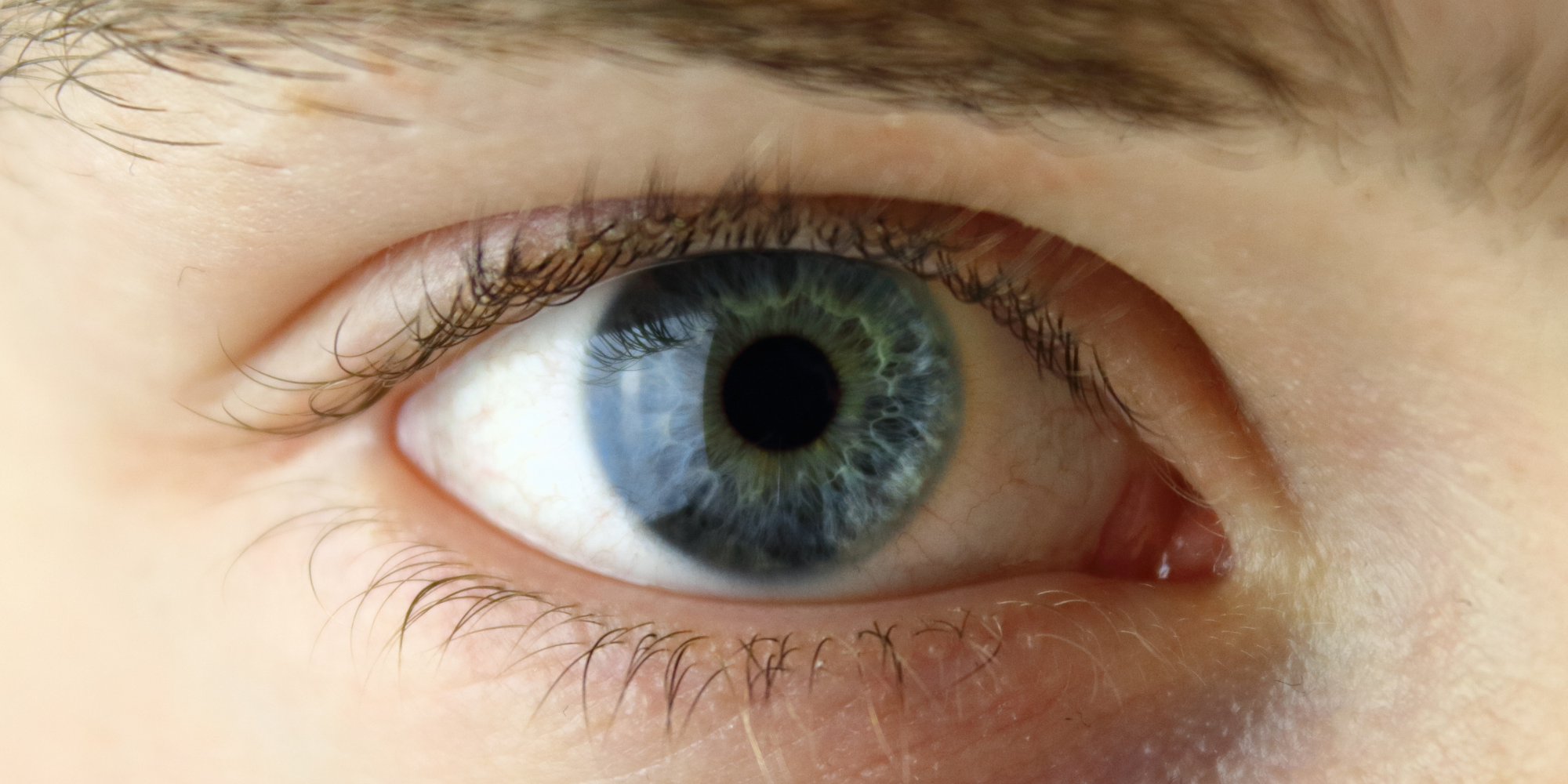Researchers at the Korea Advanced Institute of Science and Technology (KAIST) have discovered a mechanism that allows the retina of the eye to regenerate. The results of their research have been published in the international journal Nature Communications (DOI: 10.1038/s41467-025-58290-8).
Studies in variegated animals such as fish – known for their retinal regeneration – have shown that retinal injuries cause Müller glial cells to differentiate into retinal progenitor cells, which then generate new neurons. In mammals, however, this process is impaired, leading to permanent retinal damage.
With KAIST study, the research team has identified the PROX1 protein as a key inhibitor of Müller glial dedifferentiation in mammals. PROX1 is a protein found in neurons of the retina, hippocampus and spinal cord, where it inhibits neural stem cell proliferation and promotes differentiation into neurons.
The researchers found that PROX1 accumulates in the damaged Müller glia of the mouse retina but is absent in the highly regenerative Müller glia of fish. Moreover, they showed that PROX1 found in Müller glial is not synthesized internally, but rather taken up from surrounding neurons, which do not degrade, but instead secrete the protein.
Schematic of the mechanism of retinal regeneration by inhibiting PROX1 migration. Source: Korea Advanced Institute of Science and Technology
Based on this discovery, the team developed a method to restore the regenerative capacity of Müller glial cells by eliminating extracellular PROX1 before it reaches these cells.
The research team successfully induced retinal regeneration and vision recovery in a mouse model of the disease by administering a compound that blocks the PROX1 protein (prospero homeobox 1), which inhibits retinal regeneration. Moreover, the effect persisted for more than six months.
The retinal regeneration-inducing therapy is currently being developed by Celliaz Inc. for use in various retinal degenerative diseases where effective treatments are lacking. The company aims to begin clinical trials by 2028.
Source: Wprost.co.uk, Korea Advanced Institute of Science and Technology








